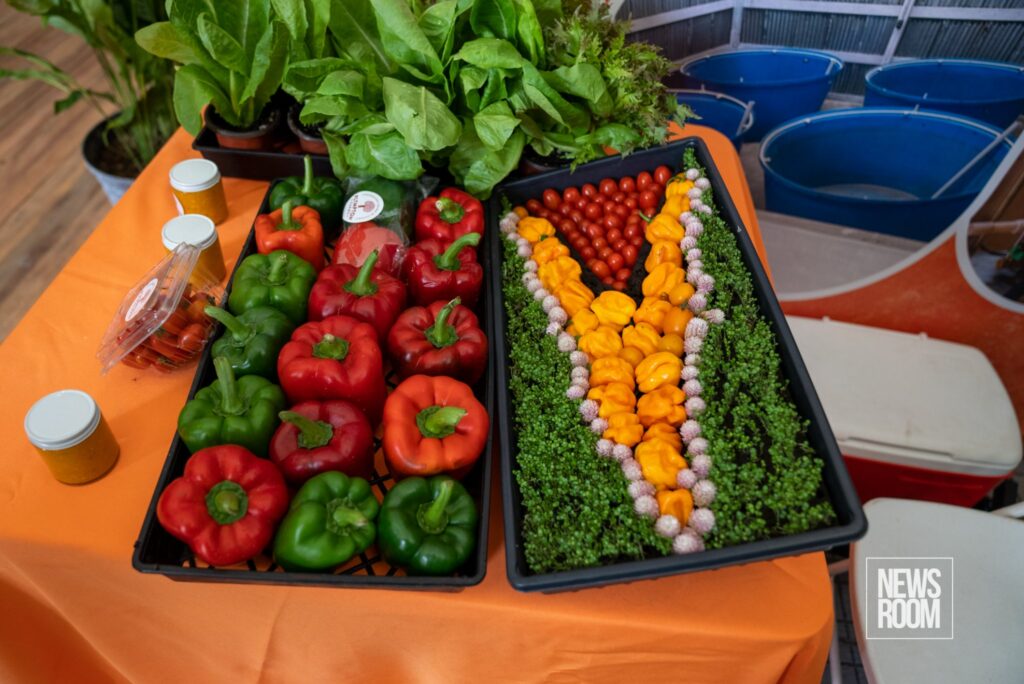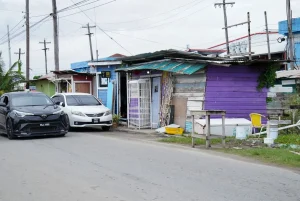‘Layers of bureaucracy’ in Trinidad still affecting regional trade

The Caribbean Community (CARICOM) has an ambitious goal: cutting down the exorbitant amount of money it spends on importing food by growing more within the region and finding ways to improve trade among the sister states.
This goal, named the 25 by 2025 agenda and led by Guyana, was hoped to be achieved by 2025.
To date, however, Guyana’s President Dr. Irfaan Ali said enduring trade barriers, particularly those in Trinidad, still hamper regional trade.
“We still have major challenges with Trinidad, and many of it is bureaucratic. All these layers of bureaucracy and archaic laws must be addressed,” Dr. Ali said during a recent interview.

He added that these issues were raised with Trinidad and Tobago Prime Minister, Dr Keith Rowley. That leader promised to resolve those challenges though he too is constrained by the bureaucracy that exists, President Ali said.
At a recent yearend event organised by the Guyana Manufacturing and Services Association (GMSA), local manufacturers complained about barriers that hinder the export of their products within CARICOM.
Vice President Dr. Bharrat Jagdeo said Guyana may need to impose restrictions too.
“It’s time for reciprocity in many areas.
“If you don’t take our stuff, we’re not going to allow free access to your products,” Jagdeo said at the event, acknowledging the issue has been a longstanding one.
Phytosanitary restrictions are quarantine and biosecurity measures implemented by countries to help safeguard against the spread of pests or diseases that may be in agricultural products.
Locals have flagged how these restrictions impede regional trade. As Guyana leads CARICOM’s efforts to massively slash the region’s food import bill by growing more food and upping trade, there has been an increased focus on removing these impediments.
Beyond this, the Guyanese Head of State acknowledged that there have been successes, however. Guyana, for example, has smashed its food production targets. The country is set to become self- sufficient in corn and soya production and will soon export this product regionally.
Similarly, its bean production has increased significantly.
Still, the trade woes and the impact of Hurricane Beryl on other countries make it difficult to achieve the ambitious goal across the region.
“Every single Prime Minister, every single country in the region has embraced this strategy and plan with full determination…. But the recent damage by Hurricane Beryl and other tropical storms in the region has definitely impacted our 25 by 2025 plan,” Dr. Ali said.












